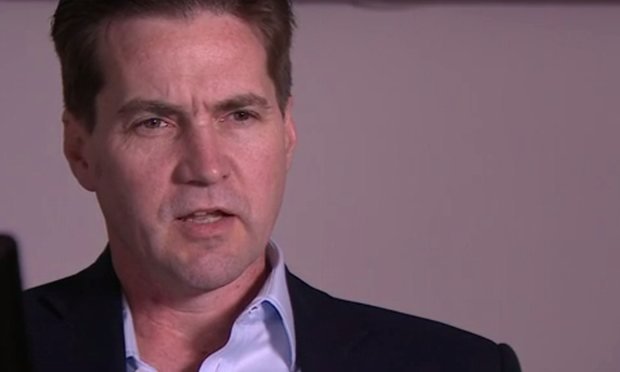Bigger blocks? How about huuuuge blocks?
In a push to reach the distant goal of 20 000 transactions per second, Craig Wright, an outspoken Bitcoin Cash supporter, suggests 1 Gigabyte blocks are the way to solve scaling issues.
Right now, Bitcoin's blocks are starting to look a little small compared to some competitors, and it shows. Transaction speeds have been slowing to a crawl in recent months, and will only worsen as the currency gains popularity. Wright suggests that for any currency to truly address this issue, it needs a massive memory upgrade, at least eventually, to 1 gigabyte. With this kind of upgrade, Bitcoin would theoretically be able to process 20 000 transactions every second. This would allow the currency to reach the speed of VISA transactions. But there is a big controversy that comes along with this memory boost. The key problem with huge blocks is the issue of centralization.
Centralization is the notion that very few actors would have control over the processing and verification of Bitcoin transactions. One of the original big selling points of cryptocurrency, and Bitcoin itself, was that it was a move away from centralization - money that can be processed all over the world by miners anywhere running small nodes, contributing to the integrity of the system. Any mining PC anywhere could be checking and making sure that Bitcoin's open ledger is indeed legitimate.
Decentralization protects Bitcoin from any one party exerting too much influence. It also protects the legitimacy of the coin. Centralization would do the opposite.
Wright suggests high-cost super-powerful specialized nodes running in data centers would be the only way to scale Bitcoin sufficiently to grow to ubiquity. However, it violates an integral principle of the coin's raison d'être. If Bitcoin becomes centralized in this manner, it ceases to be what it was designed to be - a currency free from the controls of a central entity.
Bitcoin must remain decentralized. If it means it will take longer to find scaling solutions, it's worth the wait.
source:
http://www.virtualsocialmedia.com
https://news.bitcoin.com/craig-wright-pushes-1gb-blocks-attain-visa-level-bitcoin-scaling/
https://www.casino.org/news


You did a great job of summing up the centralization/ block size argument. Scaling is definitely among the most pressing issues especially if Bitcoin ever hopes to transact at the speed of Visa or Mastercard. But I also wonder how many of the transactions are "spam" when the meme pool is backlogged. Bigger blocks or another layer on top of Bitcoin (Lightning network) will have to happen in the near future but shouldn't at the expense of centralizing a supposed peer to peer network.
Thanks. I agree about the spamming issue too. I believe there are other solutions to scaling, like SegWit and the Lightning network, that will at least improve transaction speeds. Sure, it won't reach the speed of a mega-corporation product like VISA - but Bitcoin isn't a mega-corporation. It's a movement.
Resteemed your article. This article was resteemed because you are part of the New Steemians project. You can learn more about it here: https://steemit.com/introduceyourself/@gaman/new-steemians-project-launch
"Bitcoin must remain decentralized. If it means it will take longer to find scaling solutions, it's worth the wait."
That is smth that is hard to disagree.